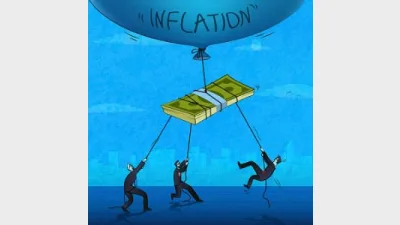Which DM is at highest risk of recession?



Vanguard has forecast the probability of recession in major developed markets over the next 12 months, with Australia likely to be insulated from the worst effects.
In the firm’s economic outlook, it said other developed markets would be more likely to fall into a recession sooner than Australia as the country had been protected by its commodities exports.
Vanguard forecast a 25% chance of recession in the US over the next 12 months, 30% chance in China and a 50% chance of recession in the UK and Euro area, rising to 60% for the UK, US and Euro area over the next 24 months.
The asset manager said: “Australia’s status as a commodities exporter has partly insulated it from the some of the economic woes elsewhere, but global factors and rising inflation still have an impact. Broad-based and persistent inflation has the Reserve Bank of Australia on course to raise its target rate by more than two percentage points in 2022.
“The labour market is robust, with the unemployment rate falling to a historical low. It should stabilise as growth slows, but upward pressure on wages is likely to persist for a while. A recession isn’t likely in Australia unless major developed markets fall into recession first.”
However, Vanguard had reduced its growth forecast for Australia by a percentage point from the start of the year to 3%-3.5%.
Its 10-year annualised return forecasts were 3.5%-5.5% for Australian equities and 3.1%-4.1% for Australian bonds.
Recommended for you
The use of total portfolio approaches by asset allocators is putting pressure on fund managers with outperformance being “no longer sufficient” when it comes to fund development.
With evergreen funds being used by financial advisers for their liquidity benefits, Harbourvest is forecasting they are set to grow by around 20 per cent a year to surpass US$1 trillion by 2029.
Total monthly ETF inflows declined by 28 per cent from highs in November with Vanguard’s $21bn Australian Shares ETF faring worst in outflows.
Schroders has appointed a fund manager to its $6.9 billion fixed income team who joins from Macquarie Asset Management.











